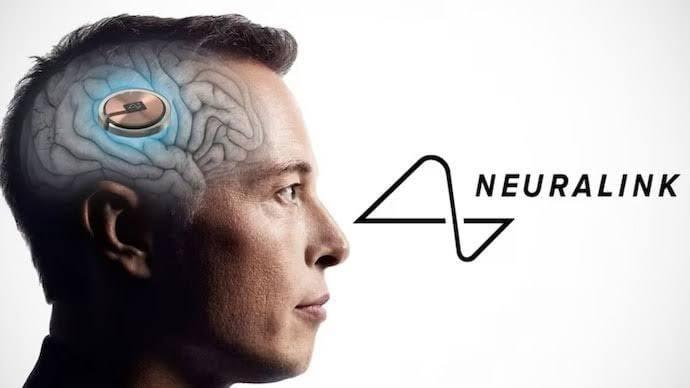First Human Implant of Brain Chip by Elon Musk’s Neuralink
Elon Musk’s Neuralink has taken a major step forward in its quest to create a brain-computer interface by implanting its first brain chip in a human patient. The company announced the successful surgery on Monday, with Musk tweeting that the patient is recovering well and that “initial results show promising neuron spike detection.”
The implant, known as the “Link,” is a small, flexible device that is inserted into the brain through a minimally invasive procedure. It is designed to record and stimulate neural activity, which could potentially be used to treat a variety of neurological conditions, such as paralysis, epilepsy, and depression.
Neuralink has been working on its brain-chip technology for several years, and it has received regulatory approval to begin human trials in the United States. The company has said that its goal is to eventually create a device that can allow people to control computers and other devices with their thoughts.
The implantation of the first brain chip is a significant milestone for Neuralink, and it could pave the way for a new era of brain-computer interface technology. However, there are still many challenges that need to be addressed, such as the long-term safety and efficacy of the implants.
Here are some of the potential benefits and risks of brain-computer interface technology:
Potential Benefits:
Restoring Function to Neurological Conditions: BCI technology has the potential to restore lost functionality to individuals with paralysis or other neurological conditions. By recording and stimulating neural activity, it may help in bypassing damaged or non-functional pathways.
Enhancing Cognitive Abilities: The ability to interface directly with the brain could lead to enhancements in cognitive abilities, memory, and learning. This has implications not only for medical applications but also for augmenting human capabilities in various fields.
New Forms of Communication and Interaction: BCIs may open up novel ways of communication and interaction. People with severe communication disorders, for instance, may gain the ability to express themselves more effectively.
Potential Risks:
Unforeseen Side Effects: The long-term effects of brain implants are still not fully understood. There could be unforeseen side effects, including inflammation, tissue damage, or other complications that may only become apparent over time.
Security Concerns and Hacking: The prospect of brain-computer interfaces raises serious concerns about the security and privacy of neural data. The potential for unauthorized access or hacking of the interface, with implications for personal privacy and even potential manipulation, is a significant risk.
Ethical Concerns: The ethical implications of BCIs are extensive. Questions arise regarding consent, autonomy, and the potential for misuse. There are ethical considerations around issues like cognitive enhancement, potential discrimination, and the responsible development and deployment of this technology.
Overall, the implantation of the first brain chip in a human is a promising development that could have a profound impact on the future of medicine and technology.












